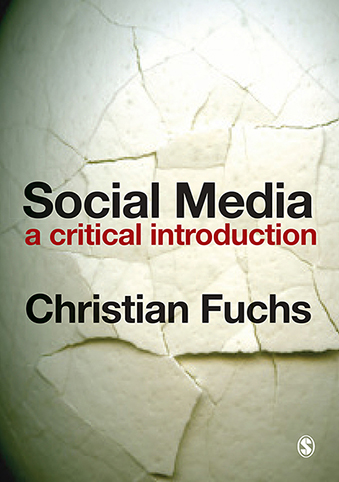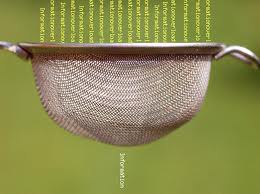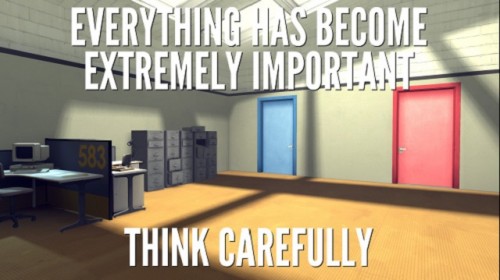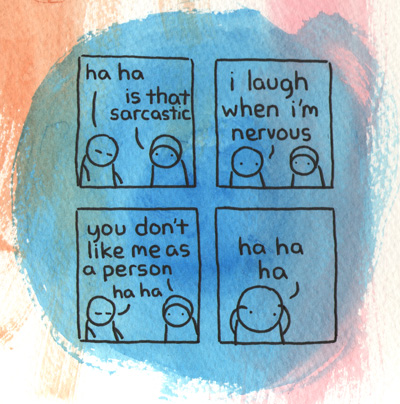Over the past several weeks, I’ve been interviewed twice about location-based dating apps. These are mobile applications that connect people with others in their geographic proximity, often in real-time. Popular examples include Tinder, Grindr (and its counterpart, Blendr), and SinglesAroundMe. The apps are largely photo based, and offer an opportunity for serendipitous meet-ups, in which users can potentially find love, sex, or general companionship.
The fact that I was invited to take part in these interviews is a bit odd, since none of my own empirical research pertains specifically to dating or dating technologies. I did, however, write a post for Cyborgology about race and online dating sites, which got some attention, and I do (obviously) maintain research interests and projects in new technologies more generally. So anyhow, I agreed to fumble my way through these two interviews, offering the interviewers caveats about my knowledge gaps. In the end, I’m glad that I did, as their questions—much of which overlapped—pushed me to think about what these applications afford, and how they intersect with the realities and politics of love, sex, and gender relations. more...










